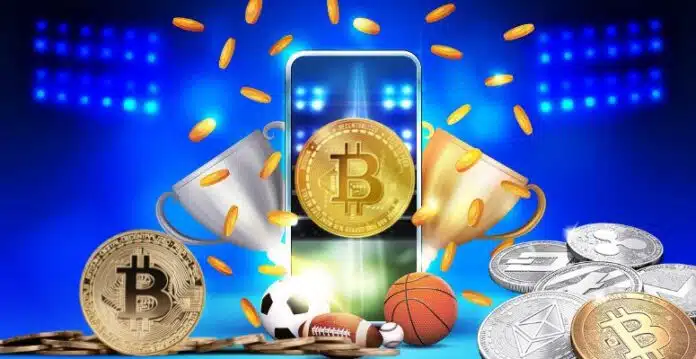
Tokenization is an innovative approach to distributing rights and rewarding desirable behavior, and it works best in the world of professional sports. The idea of tokenization has gained popularity in the worlds of blockchain, digital currency, and decentralized networks. Almost all asset classes, including classic ones like bonds, real estate, venture capital funds, and commodities, besides more exotic ones like artwork, sports teams, and racehorses, can be tokenized.
An increasing number of sports organizations have chosen to invest in tokenization. If you’re familiar with the sports business, you’ve probably heard about the implementation of tokens for communities by major football clubs like Juventus F.C., FC Barcelona, Galatasaray S.K., or A.S. Roma. However, they are not the only ones who can benefit from it. Tokenization can also be quite advantageous for smaller brands.
The sports betting industry has historically attracted millions of viewers from around the world and has seen growth in most of its metrics over the past ten years, but as new challenges and threats materialize due to changing circumstances, its success must be sustained.
In 2020, the global spectator sports market was projected to decline from US$144.2 billion to US$139.5 billion before rising to US$171.7 billion in 2023.
It is important for the cryptocurrency gaming sector to always keep in mind that the key to long-term success is creating compelling gaming experiences that also offer platform ownership opportunities.
Impact of Tokenization in the Sports Industry
Numerous possibilities exist for sports groups to use this technology. This technology can be used in esports, fan tokens, collectibles, and ticket sales to maximize club revenue and fan engagement. The first college athlete to represent one’s likeness and potential money may come from the United States, which has one of the world’s largest sports markets. However, other countries with significant young athletes, such as Portugal, Greece, and Thailand, may soon adopt the practice. People in the sports industry are beginning to realize tokenization’s benefits to their businesses and organizations.
Jakarta is actively attempting to regulate the cryptocurrency sector. Jakarta even hopes to gain from taxing local digital assets traded on international exchanges. While President Joko Widodo’s administration appears to see value in fostering the development of the local token economy due to its desire for innovation and cryptocurrencies, Indonesia, the largest gaming market in Southeast Asia, is not only embracing this change but is also poised to take the lead in changing the entire gaming industry with noticeable changes in top Indonesian sportsbooks as well.
Conclusion
In the end, tokenizing fantasy sports is just one strategy to keep players interested. To realize the full potential of Indonesia’s crypto gaming ecosystem, play-to-own players need to grasp and understand the country’s market dynamics and cultural trends.


